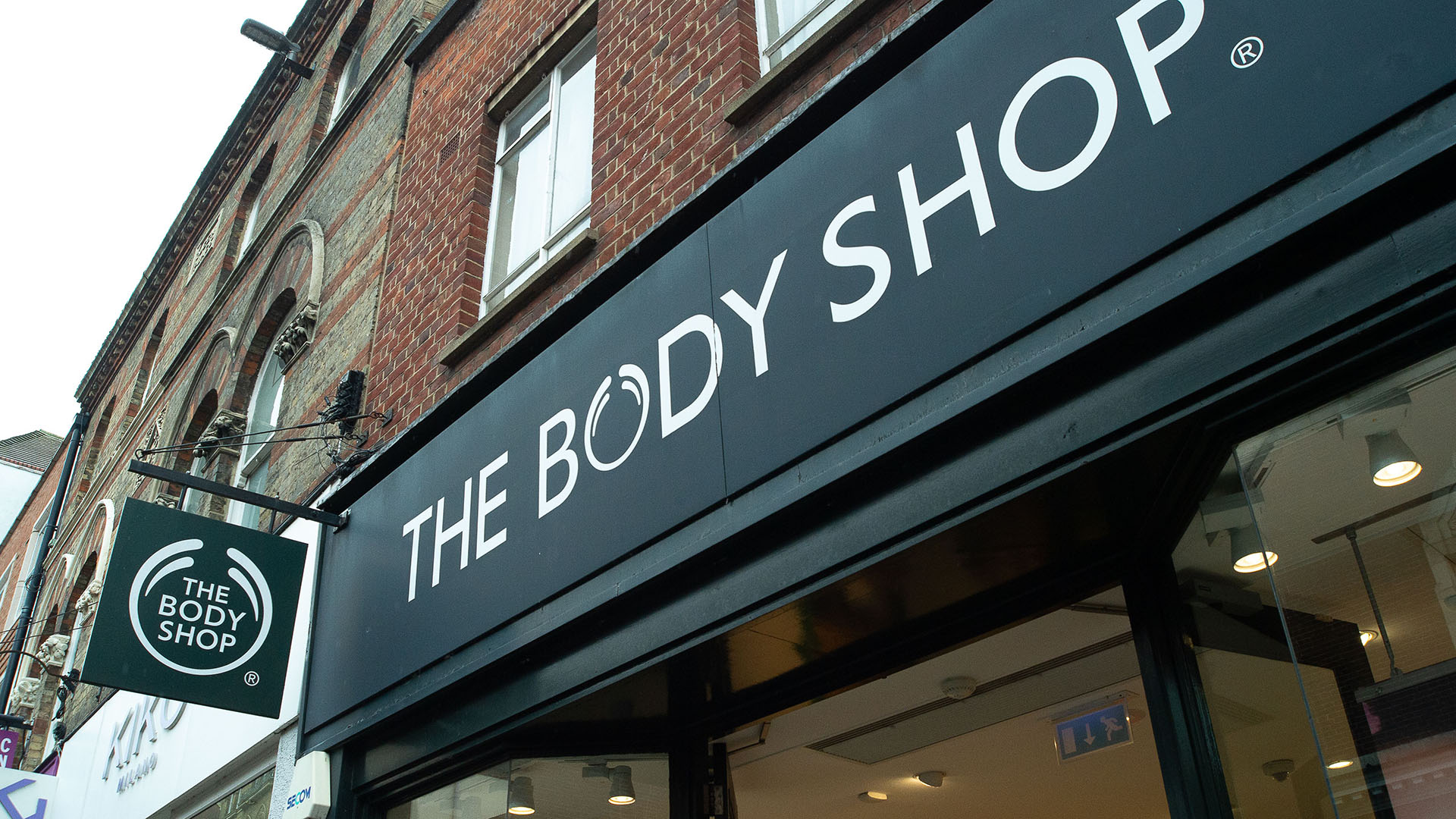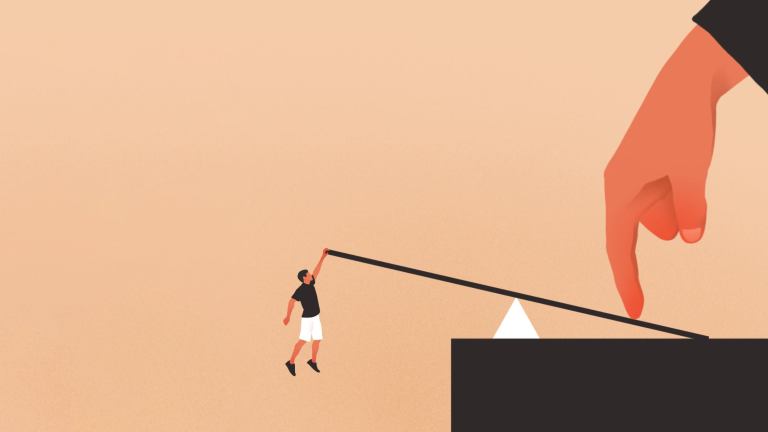The demise of The Body Shop throws up various emotions for me as I was a product of the ‘peppermint foot lotion revolution’, as I called it. Meaning I was blessed in my efforts and endeavours by the business that Anita Roddick started with her husband Gordon in the mid-1970s. Starting with one shop in Brighton next to an undertaker (who, perhaps understandably, objected to the name Anita chose), the business grew worldwide over the next decade.
The business grew because of its zany products – marmalade shampoo, peppermint foot lotion, coconut body butter – and a wild disregard for the usual attitudes of business towards the planet. Fair trade, no animal testing, environmental concerns, all combined to make Anita and Gordon’s business credentials seem more suited to a modern, caring, thoughtful and engaged audience than the ‘trad’ approach.
And out of this whirligig of business with conscience grew the support that led to the creation of The Big Issue. So The Big Issue owes its gestation, germination and creation to this business that spread worldwide. When we set it up, Gordon insisted that it “wash its own face” financially – not necessarily with Body Shop products – and that it be a “business response to a social crisis”.
I first met Gordon when I was hiding from the police in Edinburgh in 1967, aged 21 and espousing revolution. Gordon and I became mates. He then moved to Littlehampton on the south coast in Sussex. I moved back to London and occasionally visited him there. One day Gordon asked me to come down to meet his new girlfriend, and I took the train. Anita was beautiful and loud and combative, belittling my commitment to revolutionary politics by suggesting that the real fight was going on in the jungles of South America.
Her arguing skills were superior to mine. The drink and the arguments flowed so much that I was put back on the train at Brighton, rather than stay over as planned.
Anita’s combative power mixed with Gordon’s acumen for business drove them on to try restaurants and other things. I lost touch and forgot about the pair and heard nothing of them for 20 years. It was only when I saw their Body Shop success on TV, 10 years after they had started, that the penny dropped and I reconnected.










